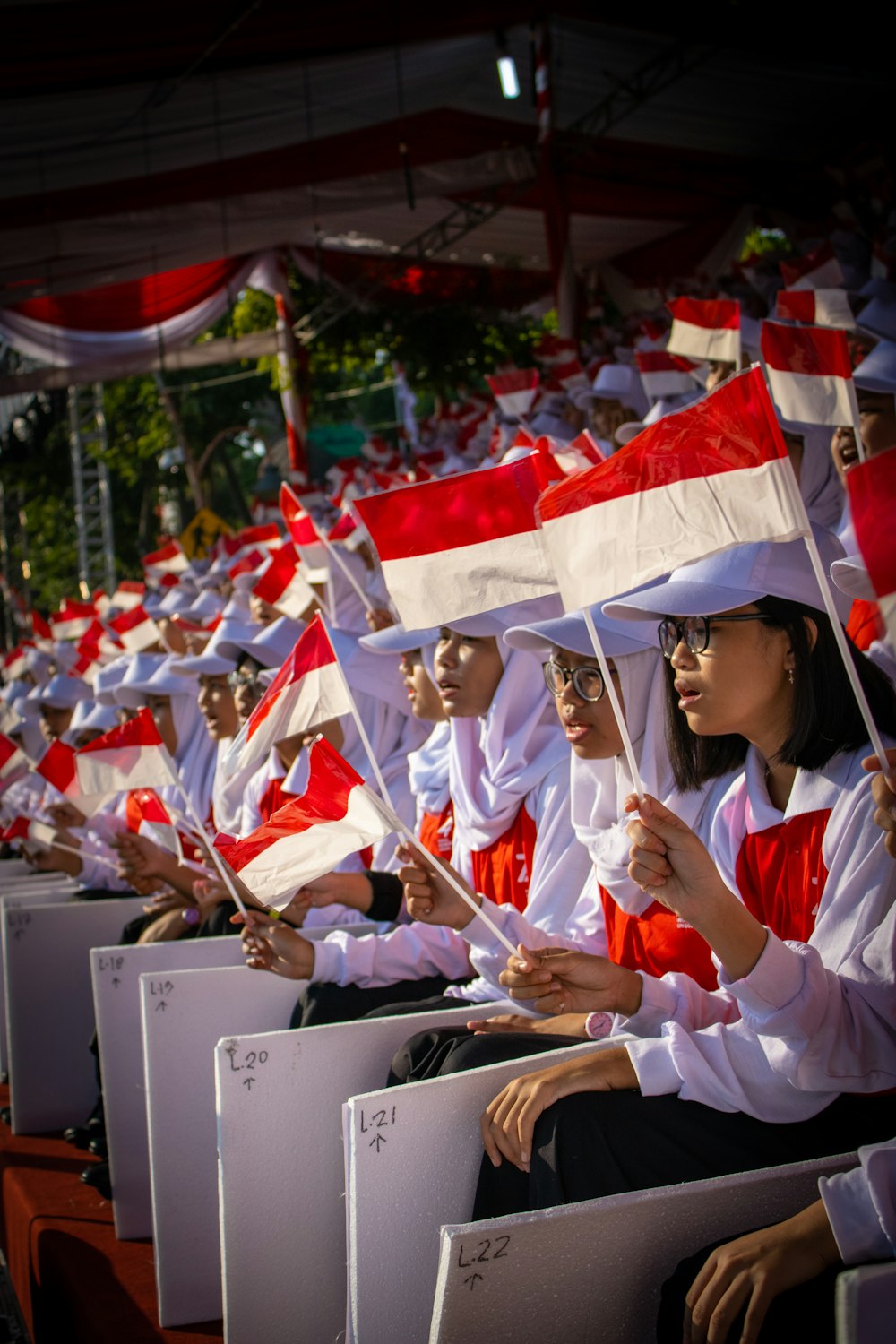Sex, lies – but no videotape

In happier times - the public image of top cop Ferdy Sambo and his wife Putri
Governments love distractions and there’s a doozy gripping the people next door: A lurid tabloid tale running for five weeks and counting is keeping electors focussed on spice rather than the erosion of democracy and corruption controls.
The story so far: It’s jerry-built on quicksands so will have shifted between keyboard and digitisation. Apologies for reading like the Daily Mail:
Late afternoon on 8 July a cop kills a comrade in the house of their boss Ferdy Sambo, whose wife may have been a lady of interest to the lower ranks. Officials said ‘self-defence’, but this explanation was too facile.
The latest version has Sambo, 49, (head of Internal Affairs and a two-star general) ordering a subordinate to kill his aide-de-camp and then spray the walls with bullets to suggest a gunfight. Curiously the building’s CCTV cameras weren’t working. Arrests and inquiries continue.
Without a sub judice rule curbing discussion beyond a courtroom, public speculation has gone feral. False facts, as Trump would say, dash hither and thither like sheep when yard gates swing free.
Around 30 officers have been fingered amid unproven claims a mafia group has been running rackets. As this is Indonesia, religion is stirring the pot. The victim was a Protestant Batak, a North Sumatra ethnic group not known for shyness. His family has been relentless in demanding answers.
President Joko ‘Jokowi’ Widodo seems to understand the problem goes beyond a smutty scandal: ‘I don’t want this case to erode public trust in the police … We need to maintain its reputation at all costs.’
Fair enough if the cops were overall upright so the tragedy could be labelled an aberration, the one-rotten-apple excuse. This fruity metaphor fails because the barrel is blemished.
Goodwill is waning as gendarmes in beribboned khaki fudge questions from incredulous reporters. This stop-everything TV is outrating sinetron (soap operas) - scriptos wouldn’t risk such a salacious plot. The motive for the murder should only be heard by adults, said the censorious Chief Security Minister Mohammad Mahfud.
But Indonesian kiddies aren’t unworldly, learning early that if they want to know the time they should never ask a policeman. An old joke has a man reporting the theft of a goat. The police investigation is so corrupt the farmer ends up losing his cow.
Widodo was raised in an era when foreign books were considered subversive, so may not have encountered the Roman satirical poet Juvenal’s question Quis custodiet ipsos custodes? (Who watches the watchman?) It remains as relevant today as it did in the second century.
The police investigate their own as they often do in Australia; getting the law enforcers’ cast iron culture to bend to civilian oversight will take a furnace of prolonged determination.
Churchill’s philosophy of never letting a good crisis go to waste is being followed by Widodo. While the purring voters have been lapping sleaze on the veranda, his government has been quietly strangling democracy in the backyard.
After more than three decades of officials thieving from the public purse, the Komisi Pemberantasan Korupsi (anti-Corruption Commission), was formed in 2003 to prevent and fight corruption, which it did with gusto, warrantless wiretaps and sting ops.
Six years later the NY Times reported the KPK had ‘investigated, prosecuted and achieved a 100-per cent conviction rate in 86 cases of bribery and graft related to government procurements and budgets.’
The individuals involved included ‘high-ranking businessmen, bureaucrats, bankers, governors, diplomats, lawmakers, prosecutors, police officials and other previously untouchable members of Indonesian society.’
In 2013 the KPK won the international Ramon Magsaysay Award for ‘integrity in governance, courageous service to the people, and pragmatic idealism within a democratic society.
Success has been its undoing. Parliament revised the KPK law without consulting the agency and put a police general in charge. Students claimed the changes kneecapped the fight against corruption and turned out in huge demos. Their fury was reinforced by proposed code revisions to criminalize extramarital sex, abortion, and insulting the president.
Another law targets the electronic transmission of information that defames or affronts and has been used against journos. Student concerns are barely breathing, choked by widespread public feasting on the banquet now dubbed Sambo Rambo. At least it’s not Ferdygate.
The KPK has shifted from corruption eradication to prevention. Widodo has done nothing to halt the slide. When elected in 2014 his country ranked 38/100 on Transparency International’s Corruption Perception Index. There’s been no shift.
The NGO Indonesia Corruption Watch claimed ‘The KPK has now metamorphosed into an impaired government agency... it has lost the Sisyphean institutional battle to curb political corruption in Indonesia. It has become just another politically controlled auxiliary state agency.’
Widodo came to office in 2014 as a Mr Clean but soon showed more enthusiasm for development. Having no military background, he relies on hard army men to advise on the soft stuff of civil society.
With eyes elsewhere, Widodo’s guru and former general Luhut Panjaitan wants retired army officers to be assigned jobs in government ministries and institutions.
This is a throwback to the authoritarian dwifungsi (dual socio-political function) system used last century to maintain the army’s influence. It included military-only seats in the parliament and top positions in the public service. It was abandoned early this century.
Further proof that old soldiers’ ambitions never die comes
with Prabowo Subianto, 70, a former commanding general of Kopassus (Special Forces) announcing another
run for President in the 2024 elections. He’s lost two previous attempts.
A
Brookings report claimed ‘There is now scholarly consensus that Indonesia’s
democracy has not just stagnated but is regressing…. Strengthening
institutions, particularly a strong civilian bureaucracy, free and active
press, independent courts, and fair elections, will be critical in rolling back
some of the illiberalism …’
That was written before the Sambo Rambo circus diverted eyes from the serious issue of rushing repression.
History repeats. Juvenal called it panem et circenses. Give ‘em food and fun, then they won’t care about civics. Correction: Maybe Widodo has read the classics.
First published in Pearls & Irritations,19 August 2022: https://johnmenadue.com/sex-lies-but-no-videotape/




